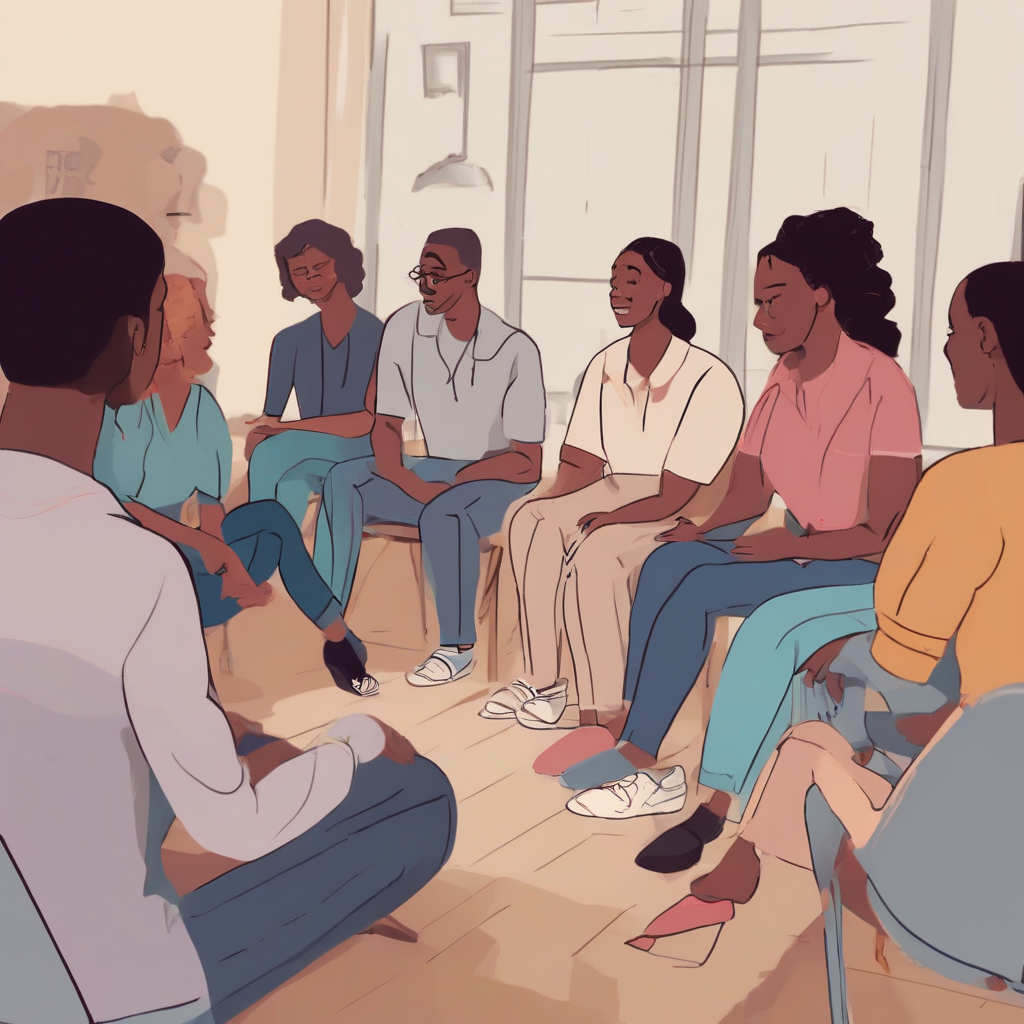MasturbationCounter.com: A Deep Dive into Online Sex Addiction Resources and the Importance of Responsible Use
The internet has revolutionized access to information, connecting people across geographical boundaries and facilitating the exchange of ideas on an unprecedented scale. However, this same technology also presents challenges, particularly in the realm of addiction. Websites like MasturbationCounter.com, while potentially offering a unique perspective on self-awareness, highlight the complexities of online sex addiction and the need for responsible digital citizenship. This exploration delves into the nuances of such platforms, examining their potential benefits, inherent risks, and the broader conversation surrounding online sexual health.

Understanding MasturbationCounter.com and Similar Platforms
Websites like MasturbationCounter.com often position themselves as tools for self-tracking and monitoring masturbation frequency. On the surface, this might appear innocuous, even beneficial for individuals seeking to understand their sexual habits and potentially manage compulsive behaviors. The underlying premise is that by quantifying activity, users can gain insight and potentially moderate their behavior. However, the effectiveness and ethical implications of such platforms are far from straightforward.
The Potential Benefits: A Cautious Approach
For some individuals, particularly those struggling with compulsive sexual behaviors or pornography addiction, the act of tracking might offer a degree of self-awareness. The numerical data generated could serve as a starting point for reflection, prompting users to consider their relationship with sex and technology. This data, coupled with professional guidance from a therapist or counselor, could contribute to a broader therapeutic process aimed at managing compulsive behaviors. However, it's crucial to emphasize that these platforms are not a replacement for professional help.

The Risks and Drawbacks: A Critical Perspective
Despite the potential for self-awareness, the inherent risks associated with platforms like MasturbationCounter.com are significant. The act of tracking itself could inadvertently reinforce compulsive behaviors. The focus on numbers might inadvertently incentivize continued engagement, transforming a tool for self-reflection into a mechanism for perpetuating unhealthy patterns. Furthermore, the gamification aspect – the very nature of "counting" – could lead to a competitive mindset, potentially escalating problematic behaviors rather than diminishing them.
The Dangers of Isolation and the Importance of Community
One of the most significant drawbacks of relying solely on online tools for managing sexual health is the potential for isolation. While websites might offer a sense of community through anonymous tracking, this virtual interaction often lacks the depth and nuance of face-to-face support. True recovery and healthy sexual development often necessitate building strong relationships with trusted individuals, including friends, family members, and mental health professionals.

The Broader Context: Online Sex Addiction and Responsible Use
The rise of the internet has coincided with an increase in concerns surrounding online sex addiction. The readily available and anonymous nature of online pornography and sexual content can exacerbate pre-existing vulnerabilities or contribute to the development of unhealthy habits. Understanding the potential for addiction and employing strategies for responsible technology use is paramount. This includes setting boundaries around internet usage, utilizing parental controls (where appropriate), and fostering open communication about healthy sexual development within families and communities.
Beyond the Counter: Seeking Professional Help
It's crucial to reiterate that platforms like MasturbationCounter.com should never be considered a primary method for addressing compulsive sexual behaviors or addiction. These platforms might offer a glimpse into one's patterns, but they lack the crucial element of professional guidance. Seeking help from a qualified therapist or counselor is vital for individuals struggling with compulsive sexual behaviors. Therapists can provide a safe and non-judgmental space to explore underlying issues, develop coping mechanisms, and establish healthier patterns of sexual expression.

The Ethical Considerations: Privacy and Data Security
The collection and use of personal data by websites such as MasturbationCounter.com raise significant ethical concerns. The nature of the information collected is sensitive and requires robust privacy protection. Users should carefully review the platform's privacy policy and terms of service to ensure they understand how their data is being used and protected. Questions of data security and the potential for misuse should be carefully considered before engaging with such platforms.
Responsible Digital Citizenship: Navigating the Online Landscape
The proliferation of online platforms focused on sexual health underscores the importance of responsible digital citizenship. Individuals need to develop critical thinking skills to evaluate the claims and promises made by these platforms. They should also prioritize their mental and emotional well-being, recognizing that technology is a tool that should enhance, not replace, human connection and support.
The Role of Education and Prevention
Open and honest conversations about sex and sexual health are crucial, particularly in the context of online access. Comprehensive sex education should equip individuals with the knowledge and skills to navigate the complexities of the digital world and to make informed decisions about their sexual behavior. This education should encompass not just the physical aspects of sex but also the emotional and psychological dimensions, including the potential dangers of online sex addiction.

Conclusion
Websites like MasturbationCounter.com represent a small facet of a larger and more complex conversation surrounding online sex addiction, responsible technology use, and the importance of seeking professional help when necessary. While such platforms might offer a superficial sense of self-awareness, their inherent risks, particularly the potential for reinforcing compulsive behaviors and neglecting the crucial need for human connection and professional guidance, must be carefully considered. A balanced approach emphasizes the importance of responsible digital citizenship, seeking professional help when needed, and fostering open and honest conversations about healthy sexual development.